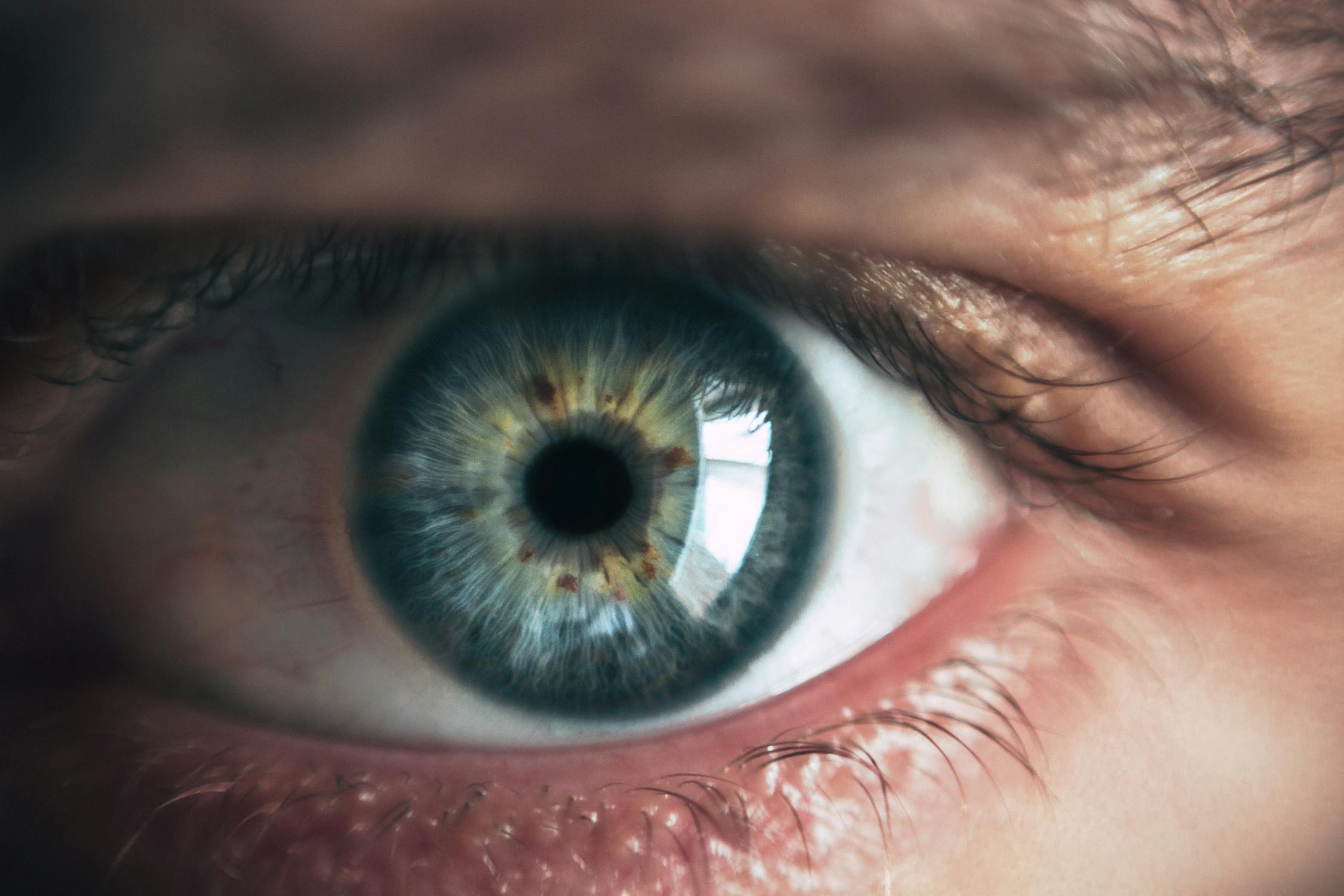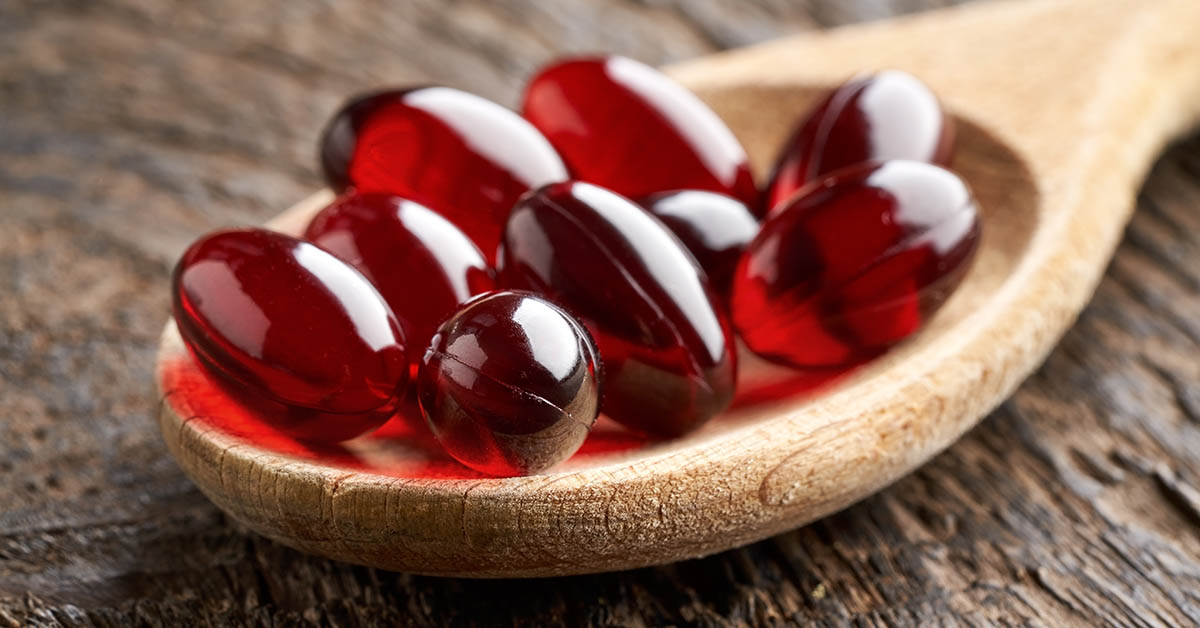The ocean is full of things that are beneficial to the human body. One of them is astaxanthin, a carotenoid pigment found in many sea creatures including trout, shrimp, lobster, microalgaie, and most famously, Pacific salmon. It’s the compound that gives the fish its signature pink hue. Here are some of the potential benefits of consuming this micronutrient.
Good source of antioxidants

As of now, astaxanthin is most famous for its antioxidant properties. They are the basis in most of the health claims surrounding this ingredient. Compared to other carotenoids, astaxanthin showed the most amount of activity against free radicals. Because of this, researchers are investigating its effects against different cancers. One study indicated short- and long-term improvements when treating breast cancer, although more proof is needed to investigate this potential.
Read More: Side Effects of Popular Medicines Discovered: Anti-Inflammatory Drugs Could Cause Chronic Pain
Promote healthy skin

Astaxanthin can be more than just a supplement. It can also be used topically to soothe the skin. It may help to smooth wrinkles, diminish age spots, and keep the skin moist although more research is needed to investigate these effects.
Improve endurance

People may associate astaxanthin with exercise supplements since research on mice shows that it can improve endurance and help with fatigue after physical exercise by boosting the body’s use of fatty acids. However, more studies on humans are needed.
Prevent heart disease

This carotenoid’s ability to reduce oxidative stress in the blood can lower cholesterol, increase blood flow, and relax blood vessels. All of this has positive impacts on heart health. Similarly, astaxanthin may help the heart repair itself and regenerate cells.
Support bone health

The antioxidants in astaxanthin may help support bone health by increasing bone mineral density, reducing bone loss, and spurring the production of cells that repair bones. It may also help slow the loss of cartilage, the connective tissue that protects bones and joints in the body. However, these findings were obtained through rodent trials. More clinical studies on people are needed to investigate this potential treatment for oxidative bone diseases like osteoarthritis.
Read More: Side Effects of Common Medications Are Being Mistaken for ‘Old Age’
Improve blood pressure

A study found that astaxanthin helped improve elastin walls and thicken arterial walls in rats with high blood pressure. It also helped the function of superoxides, the oxygen radicals that protect the body from damage. They also help cap the production of LDL cholesterol since high amounts can increase the risk of stroke and heart disease. However, more human studies are needed to prove these effects.
Help with dry eye

Oral supplements of astaxanthin may help alleviate mild and moderate symptoms of dry eye, a chronic condition that involves eye dryness, inflammation, and thinning of the fluid layer that protects the eyes from irritants. Supplementation may help repair the protective layers of the eyes and improve the function of the glands that create moisture. Of course, more tests are needed to confirm these results.
May Improve male fertility

A study indicated that astaxanthin may help males struggling with infertility. The double-blind study examined 30 men over three months as they took strong doses of this supplement. However, larger and more intensive studies are needed to support this claim.
May Boost brain function

Astaxanthin may aid the central nervous system, which includes the brain and spine. Studies with adults show that this supplement may help slow age-related cognitive decline, which may help prevent dementia. This may occur because the antioxidant properties may reduce oxidative stress and inflammation in the central nervous system. As with the other benefits, more research is needed.
Side effects and safety concerns

Astaxanthin is becoming a popular antioxidant supplement but it’s also available organically in food, like trout, salmon, lobster, shrimp, krill, etc. Since supplements are not regulated by the U.S. Food and Drug Administration, look for ones from quality brands that have been third-party tested to ensure it only contains the ingredients listed. As of now, a typical dose ranges from 6–8mg daily, so enriched salmon oil or krill oil may contain enough of this carotenoid to get its health benefits. It’s best taken with a meal.
However, astaxanthin supplements can interact with many medications, especially ones that lower blood pressure or blood sugar, hormonal supplements, immunosuppressants, and drugs that affect bleeding or blood clotting, like aspirin and ibuprofen. So it’s imperative to speak with a healthcare professional before trying any new supplement.
Read More: 7 Surprising Side Effects of Cannabis After 50
Sources
- “Astaxanthin.” Examine. Nick Milazzo. September 28, 2023
- “Astaxanthin as a Potent Antioxidant for Promoting Bone Health: An Up-to-Date Review.” MDPI. Iswari Davan. July 21, 2023
- “The Role of Astaxanthin as a Nutraceutical in Health and Age-Related Conditions.” MDPI. Geir Bjørklund. October 23, 2022
- “Benefits and Safety of Astaxanthin in the Treatment of Mild-To-Moderate Dry Eye Disease.” Frontiers. Lei Tian. January 13, 2022
- “Antihypertensive potential and mechanism of action of astaxanthin: III. Antioxidant and histopathological effects in spontaneously hypertensive rats.” Biol Pharm Bull. Ghazi Hussein. April 2006
- “Combined conventional/antioxidant “Astaxanthin” treatment for male infertility: a double blind, randomized trial.” Asian J Andro. F H Comhaire. September 2005
- “Effects of astaxanthin supplementation on exercise-induced fatigue in mice.” Biol Pharm Bull. Mayumi Ikeuchi, Tomoyuki Koyama, Jiro Takahashi, Kazunaga Yazawa. October 2006
- “Antioxidant activities of astaxanthin and related carotenoids.” J Agric Food Chem. Y M Naguib. April 2000.
Disclaimer: This information is not intended to be a substitute for professional medical advice, diagnosis or treatment and is for information only. Always seek the advice of your physician or another qualified health provider with any questions about your medical condition and/or current medication. Do not disregard professional medical advice or delay seeking advice or treatment because of something you have read here.

